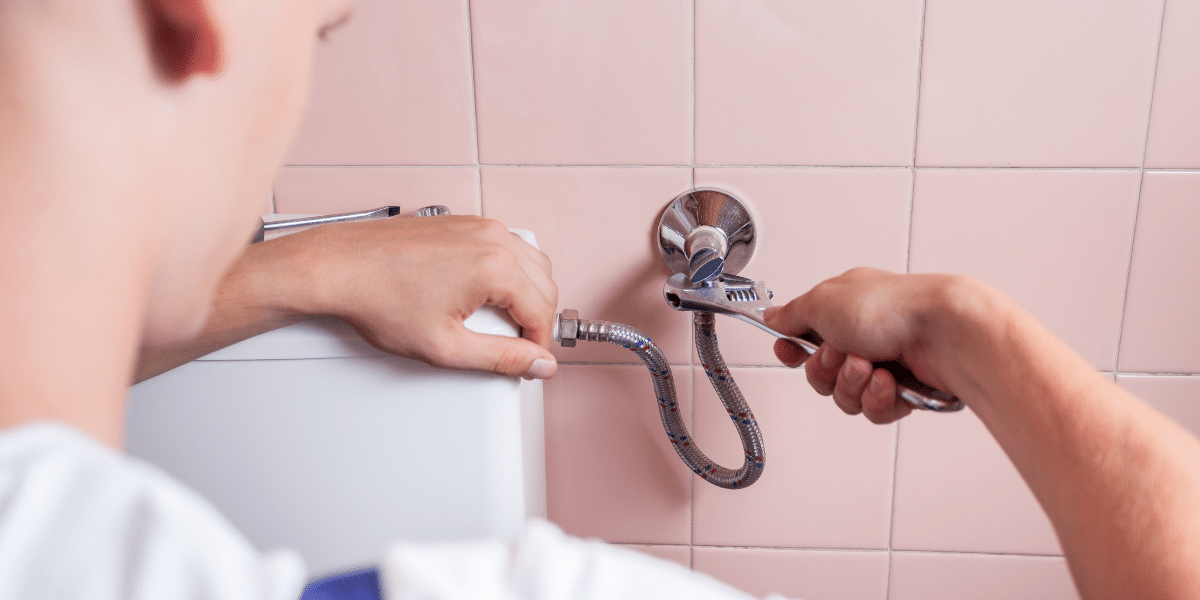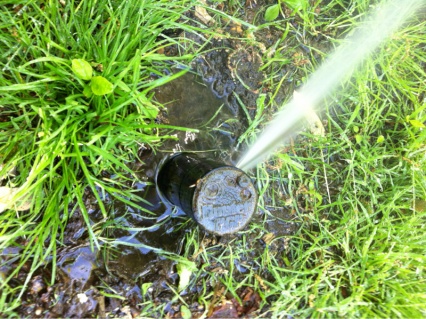The 5 Usual Water Leak Origins
The 5 Usual Water Leak Origins
Blog Article
The publisher is making a number of good points relating to Common Causes of Water Leaks in the Home overall in this content on the next paragraphs.

"Be careful of little costs. A little leakage will certainly sink a great ship." - Benjamin Franklin.
He couldn't have been much more best since water leaks in our homes result in a waste of sources, increasing our water bills. This rise may seem minimal at first, it can lead to substantial expenditures that can break your bank. Aside from a boost in bills, water leakages also create unwanted natural development, structural damages, as well as even electric risks.
If you have a water leakage isn't always simple due to being incapable to see many of the pipework in your home, figuring out. If you have had a rise in your water costs recently, saw water discolorations on wall surfaces and ceilings, scented lousy odor, etc. You could intend to take into consideration asking for plumbing solutions to get it looked into.
There are numerous root causes of water leaks, and we have compiled the usual factors below. Inspect to see if you have had relevant problems in your home lately.
Deteriorated pipe joints
Pipe joints are the components of our plumbing system where the pipelines attach. It is essential to note that also though pipelines are created to stand up to pressure and last for a while, they weren't made to last for life; as a result, they would deteriorate over time. An usual indication of damaged pipeline joints is extreme sound from taps.
High water stress
You discovered your residence water pressure is higher than normal but after that, why should you care? It's out of your control.
It would be best if you cared since your average water pressure should be 60 Psi (per square inch) and also although your home's plumbing system is made to stand up to 80 Psi. An increase in water pressure can place a strain on your residence pipelines and cause cracks, or worse, ruptured pipes. If you ever notice that your house water pressure is greater than usual, get in touch with a specialist regarding controling it.
Corrosion
As your pipework gets older, it gets weaker and more at risk to corrosion after the regular passage of water via them, which can gnaw at pipes and create fractures. A noticeable indication of corrosion in your house plumbing system is staining and although this could be difficult to spot as a result of a lot of pipelines hidden away. Once they are old to make sure a sound plumbing system, we suggest doing a frequent appointment every couple of years and alter pipes
Obstructed drains pipes
Food particles, dirt, and also grease can cause stopped up drains pipes and obstruct the passage of water in and out of your sink. Boosted pressure within the rain gutters can trigger an overflow as well as finish up cracking or rupturing pipelines if undealt with. To prevent blocked drains in your house, we encourage you to prevent pouring fragments down the tubes and normal cleaning of sinks.
Busted seals
An additional root cause of water leaks in houses is damaged seals of home devices that use water, e.g., a dish washer. When such appliances are set up, seals are mounted around water connectors for simple flow of water through the machine. A busted seal can cause leakage of water when in use.
With little or no expertise of plumbing, comprehending your house's plumbing system adequate to deal with several of these problems (without effect) can be a headache. Get in touch with plumbing professionals in Pittsburgh, Divine Superintendence, Rochester, as well as environ today, and also they'll make those issues disappear.
He couldn't have actually been extra right since water leaks in our houses result in a waste of sources, raising our water costs. If you have had an increase in your water bills lately, discovered water spots on ceilings and also wall surfaces, scented lousy odor, and so on. A boost in water stress can place a stress on your home pipelines and lead to splits, or worse, ruptured pipes. An additional cause of water leaks in houses is damaged seals of home devices that make use of water, e.g., a dishwashing machine. When such devices are installed, seals are set up around water adapters for easy flow of water through the device.
5 TIPS IN DETECTING A WATER LEAK IN YOUR HOUSE
Water leaks can be hard to find in your home, yet they can be so common. We rely on water every day in our home, which is why a leak can cause big problems. By detecting them early, you can save money and further damage, getting the problem fixed as soon as possible. Here are 5 tips to help you detect a water leak in your home, so you can contact a plumber straight away and get the issue sorted.
Check your water meter
Many people underestimate the value of the water meter in their home. It can be one of the best ways to tell if you have a leak early on, so you can get on top of it before issues start arising. Start by turning off all the water in your home: taps, washing machine, dishwasher, etc. Now take a look at the meter – if it’s still changing with everything turned off, it’s likely you have a fast-flowing leak that you need to get on top of straight away. If nothing changes, then leave your meter for an hour or two and come back to it. Did it change in this time? It’s likely you have a slower leak, which isn’t as urgent but still handy to get fixed so it doesn’t become a bigger problem.
Keep an eye on your bill
Another good way to detect a leak in your home is by keeping an eye on your water bill. It helps if you have a past bill from the same period of time. You can compare like for like and determine whether your water usage has increased significantly. If it has, there may be a leak in your system that you haven’t picked up before. A professional plumber can check through all of your pipes and determine where it is coming from.
Look for damage
If you have a leak inside your home, you will notice damage over time. Take a look at your showers and bathtubs and note whether any of the tiles surrounding the area seem to be discoloured or damaged in any way. There may be water stains, mould or peeling material that has resulted from a build up of moisture over time. Make sure you take a look under sinks at the back of cupboards that don’t get accessed regularly. This is where damage can go unnoticed and build up over periods of time.

I hope you enjoyed reading our topic on Reasons for Water Heater Leaks. Thank you so much for finding the time to read. Liked our content? Please share it. Help another person locate it. Thank you so much for going through it.
Rates Report this page